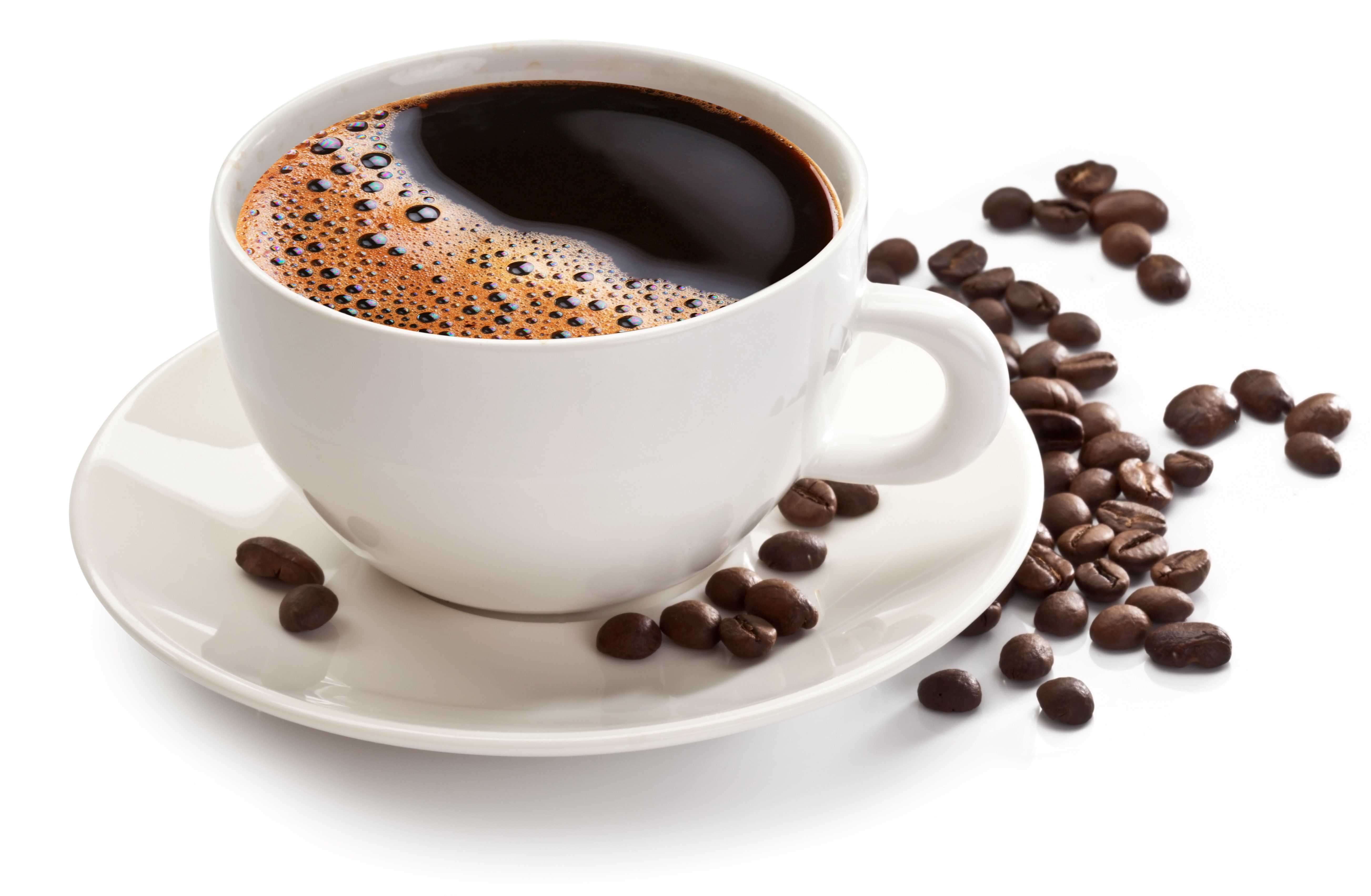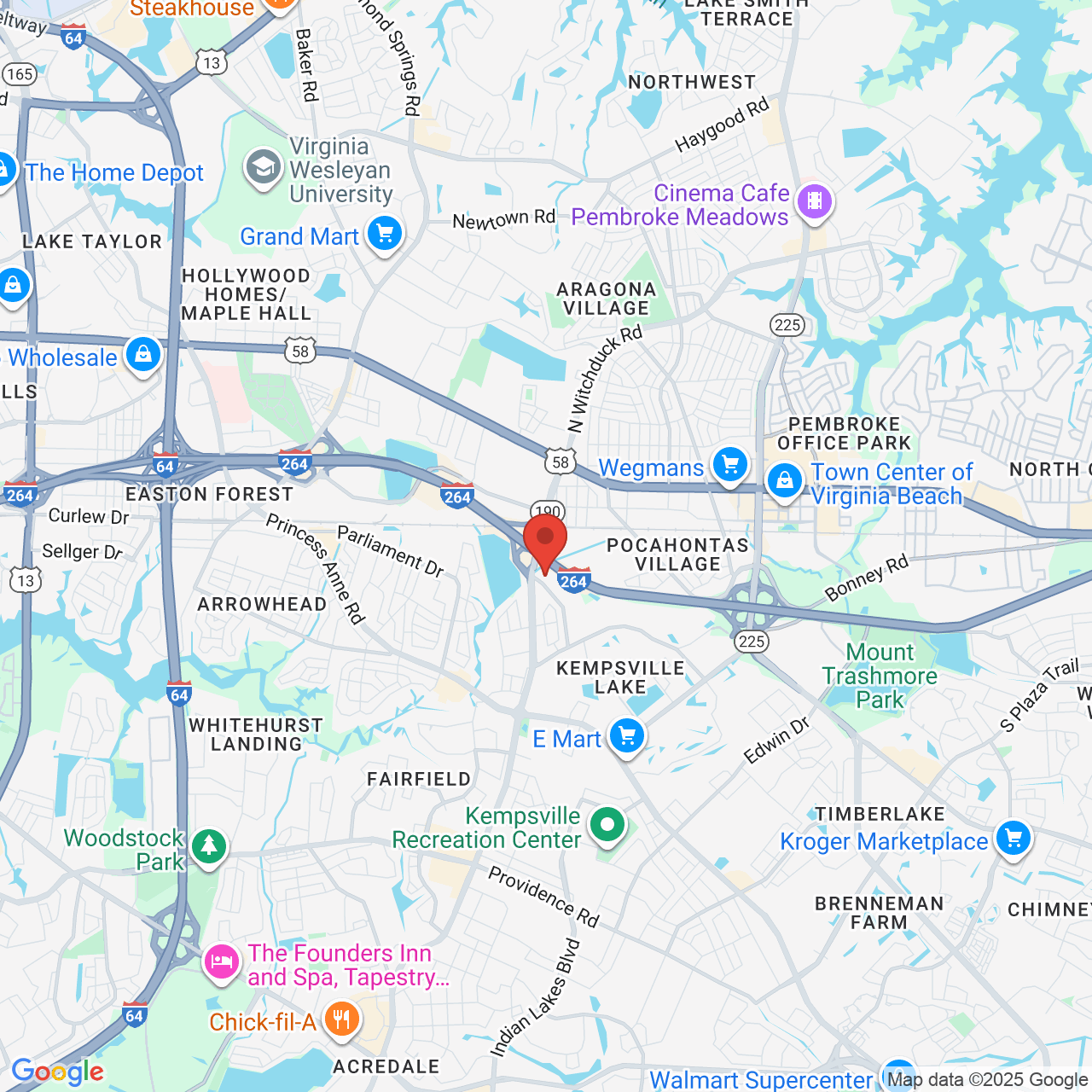Can I Drink Coffee and Red Wine after Teeth Whitening?
 Don’t worry, the doctors of The Smile Center aren’t about to take the fun out of your teeth whitening treatment by listing forbidden foods and drinks. Instead, good habits and dietary changes can help you enjoy your brighter, whiter smile for longer.
Don’t worry, the doctors of The Smile Center aren’t about to take the fun out of your teeth whitening treatment by listing forbidden foods and drinks. Instead, good habits and dietary changes can help you enjoy your brighter, whiter smile for longer.
Red wine and coffee are particularly stain-inducing. Once you have undergone this cosmetic dentistry treatment at our Virginia Beach, VA, dental practice, small adjustments to your diet can make big differences in how long your results last. Here, we discuss when you can drink red wine and coffee after teeth whitening, and how you can minimize stains when you do enjoy these beverages.
Should I Avoid Coffee and Red Wine?
We know what you must be thinking. Anything but red wine and coffee. Parting ways with life’s pleasures shouldn’t be included in the cost of undergoing teeth whitening, but simple steps and a renewed awareness of how wine and coffee stain tooth enamel can spare you from unpleasant side effects of these drinks.
First, you should avoid drinking red wine and coffee for at least a couple of days after professional teeth whitening. The tooth whitening process temporarily makes the teeth more susceptible to stains, so it is best to avoid stain-causing foods and drinks for at least two days.
After two days, you can resume drinking these beverages. But it is important to note that coffee and wine contain tannins, which, unfortunately, cause stains. The effects of consuming tannins are cumulative, meaning that long-term use can lead to the accumulation of discoloration on the surface of your enamel.
Coffee
If you need to have your coffee fix, try alternating your consumption of java with alternative drinks like green tea. A hot cup of tea can provide many of the same pleasures as coffee. When you do drink coffee, be mindful of how long the liquid stays in contact with your teeth. Less contact time means less staining.
If you tend to sip on your coffee throughout the day, try drinking your cup of coffee in less time. You’ll still enjoy the jolt of caffeine, and your teeth will not suffer from the same levels of discoloration. If you enjoy iced coffee, try sipping it through a straw to bypass your teeth.
Finally, rinse your mouth with water frequently as you drink coffee to cleanse the teeth.
Red Wine
Red wine is a leading tooth-staining culprit. Did you know that plaque actually magnifies the appearance of staining from red wine? Practicing good oral hygiene habits can give wine tannins fewer surfaces to cling to. Of course, occasionally switching to rosé or white wine will also spare your teeth from excessive staining.
No matter what foods or drinks you indulge in, drinking water immediately after can wash away the staining agents before they become entrenched on the surface of your teeth.
Scheduling regular cleanings at our Virginia Beach dental practice is also a great way to ensure that your teeth are clean and free of plaque and tartar.
Why Do Some Foods and Drinks Cause Discoloration?
Tannins, dyes, and certain chemical compounds can be stain-inducing. Most of us have noticed that certain foods and drinks leave our teeth discolored for short spans of time.
Various types of food coloring, such as those that give sports drinks their bright orange or blue colors, can contribute to permanent tooth discoloration over time.
Common stain-causing culprits include:
- Berries
- Sports drinks
- Dark teas
- Balsamic vinegar
- Red wine
- Coffee
The makeup and density of our enamel similarly leave some individuals more susceptible to dental discoloration.
Schedule Your Teeth Whitening Treatment Today
Professional teeth whitening treatments can brighten your teeth by several shades. If discoloration leaves you reluctant to smile, our doctors can provide professional whitening treatments that leave your teeth whiter for three or more years. To schedule your professional whitening treatment, contact our office online or call (757) 473-8482.


